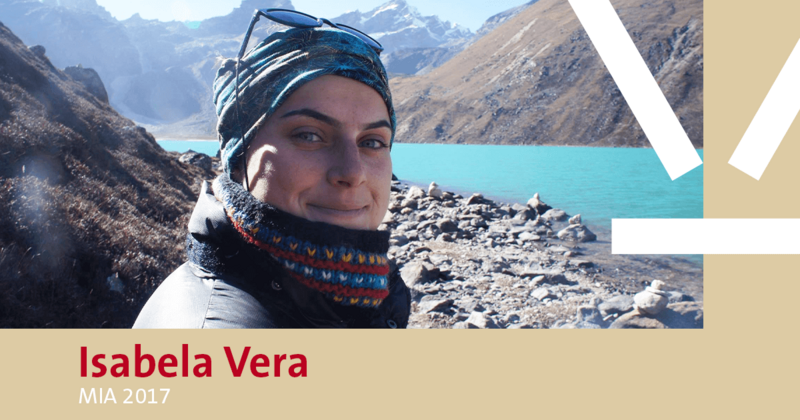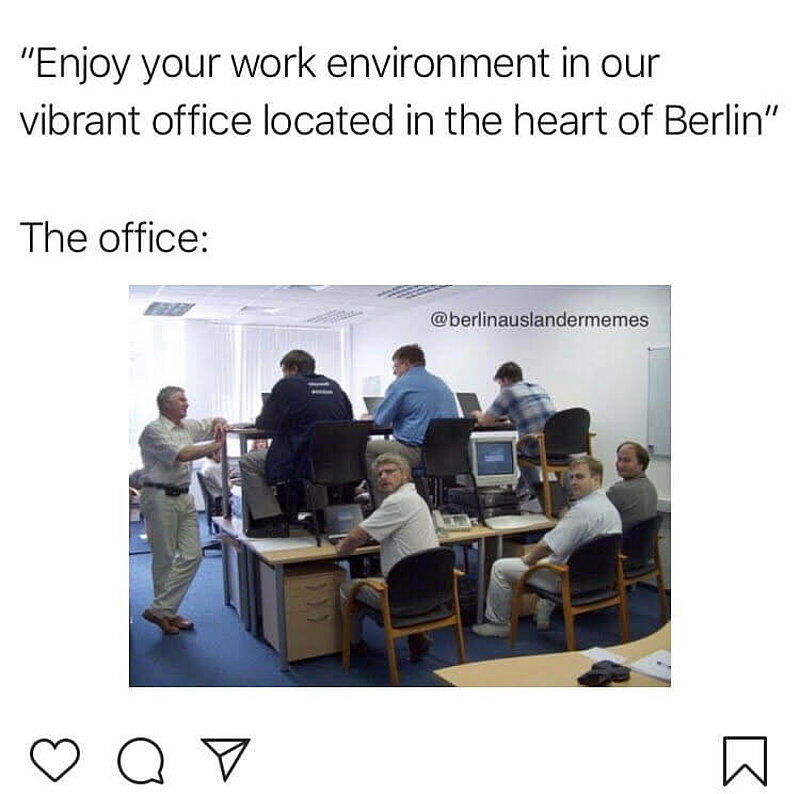
Isabela Vera shares insights on job hunting in Berlin and how to best prepare for interviews.
After graduating from the Hertie School, Isabela Vera (MIA 2017) began to work as a consultant with SEEK Development, a strategic and organisational consulting group dedicated to global human development and social impact. But as she explains in our interview, she is on the verge of trying something new. Isabela is also a former magazine editor who continues to write on a freelance basis. Her work has appeared in alive magazine, The Vancouver Sun, The Kathmandu Post, The Rising Nepal, The Governance Post, Handelsblatt, Saltern Magazine and more.
Tell us a bit more about your professional background and how you got to the point in your life where you are right now.
It’s an interesting time to ask me this question: I am on the cusp of leaving my full-time job as a strategy consultant and donor policy analyst to go organic farming in Chile for a few months. When I started at the Hertie School, I was passionate about working in global development programming and did so for a while with GIZ in Algeria and Nepal. I then moved into a role at a consultancy here in Berlin where I focused on 1) strategy design for large multilaterals and philanthropies, and 2) analytics on development policy and finance for CSOs and development advocates.
I’ve been feeling an increasing sense of urgency around the impacts of COVID-19 and climate change, and doing a lot of thinking on how we can remodel one of our most broken, but most important systems – our food system – to become more sustainable and inclusive. I recently started an online certificate in food security studies with a Canadian university, and ideally would like to return to the development world with a new focus on food security when I’m finished. Either way, I’m looking forward to optimising compost instead of operating models for a while.
What role does your knowledge of German play in your professional life?
Its main role is making me feel guilty every day about the fact that I still speak it so badly. I work in an English-language environment and use German mostly when responding to passersby asking how old my dog is or inquiring as to where I can find peanut butter in the supermarket.
What were the most important resources for your job hunt? Did you use the Hertie School’s network?
Other Hertie students and alumni. Two of my job opportunities over the last few years came from classmates – one I even found out about through our cohort’s Facebook group. A third opportunity, although I didn’t take it, presented itself through a connection I made with an alumna at the inaugural Hertie Development Network event. Even as a current student, I recommend getting involved with as many alumni events as possible, given it’s such a good way to tap into new networks.

A meme that encapsulates the Berlin job hunt.
How did you prepare for job interviews?
Job interviews can be nerve-racking. I tend to put a lot of work into researching the company and mapping out potential questions that I could be asked so I can go in feeling prepared. Other than that, I recommend just being yourself. I know it sounds cheesy, but interviewers will always pick up on an interaction that feels contrived. Nobody knows how to be you – with all your talents and flaws – better than you do, and an interview where you are unashamedly genuine will stand out.
What advice would you give international students who are looking for a job in Berlin or Germany?
Talk to everyone you know. You never know who might be able to connect you with an interesting opportunity. And think outside of the box: there’s no set destination for a Hertie School student. Alumni work in everything from public-sector innovation consultants to corporate communications to podcasting.
In this series, our international Hertie School alumni speak about entering the German job market and share some advice on how to best go about job hunting.
